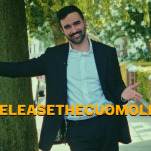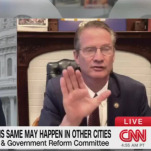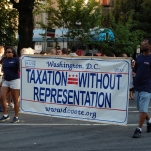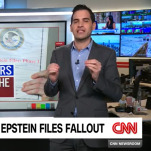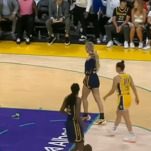Supreme Court hears case that could mean parole for juvenile offenders serving life sentences
The Supreme Court heard a case today that could retroactively require parole hearings for 1,500 inmates sentenced as minors to life in prison without the chance of parole.
The justices debated Montgomery v. Louisiana, the case of Henry Montgomery, who has been in a Louisiana prison since 1963, when he shot a sheriff’s deputy at the age of 17. Montgomery, now 69 years old, was first sentenced to death, but then had that conviction overturned and was given life in prison without the chance of parole.
His case is based on the Court’s 2012 decision in Miller v. Alabama, in which the justices ruled that defendants who were under 18 when they committed their crime could not be sentenced automatically to life without the possibility of parole. Judges considering such sentences must take into account “the mitigating qualities of youth,” Justice Elena Kagan wrote in the 5-4 ruling. But the justices didn’t apply the decision retroactively to past convicts like Montgomery.
Now Montgomery is arguing that Louisiana is required to retroactively apply the Miller decision to him. That doesn’t mean he’d be given parole, just a new sentencing hearing.
-

-

-

-

-

-

-

-

-

-

-

-

-

-

-

-

-

-

-

-

-

-

-

-

-

-

-

-

-

-

-

-

-

-

-

-

-

-

-

-

-

-

-

-

-

-

-

-

-

-

-

-

-

-

-

-

-

-

-

-

-

-

-

-

-

-

-

-

-

-

-

-

-

-

-

-

-

-

-

-

-

-

-

-

-

-

-

-

-

-

-

-

-

-

-

-

-

-

-

-

-

-

-

-

-

-

-

-

































































































